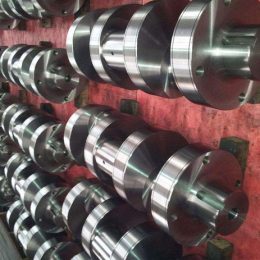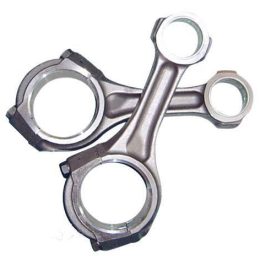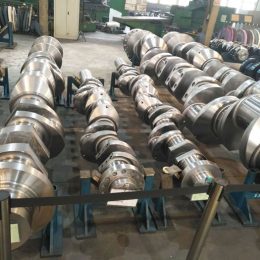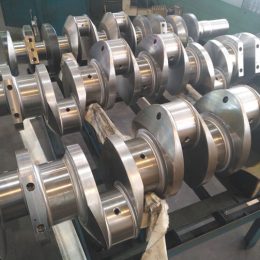How to Identify and Fix Common Cylinder Liner Problems
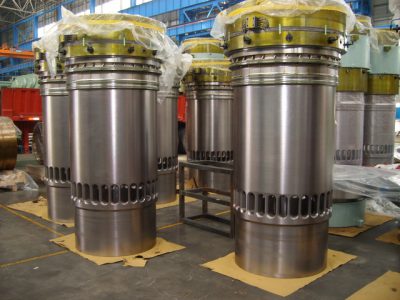
The cylinder liner is an essential component of an engine. It is responsible for providing a smooth surface for the piston to move up and down, while also creating a seal to prevent combustion gases from escaping. Therefore, cylinder liner problems can have a significant impact on engine performance. In this blog post, we will discuss how to identify and fix common cylinder liner problems.
Identifying Cylinder Liner Problems
Excessive Oil Consumption
One of the most common symptoms of cylinder liner problems is excessive oil consumption. If you find yourself topping up your engine oil frequently, it could be due to a problem with the cylinder liner. As the liner wears, it creates gaps between the piston rings and the cylinder wall, allowing oil to seep into the combustion chamber and burn along with fuel.
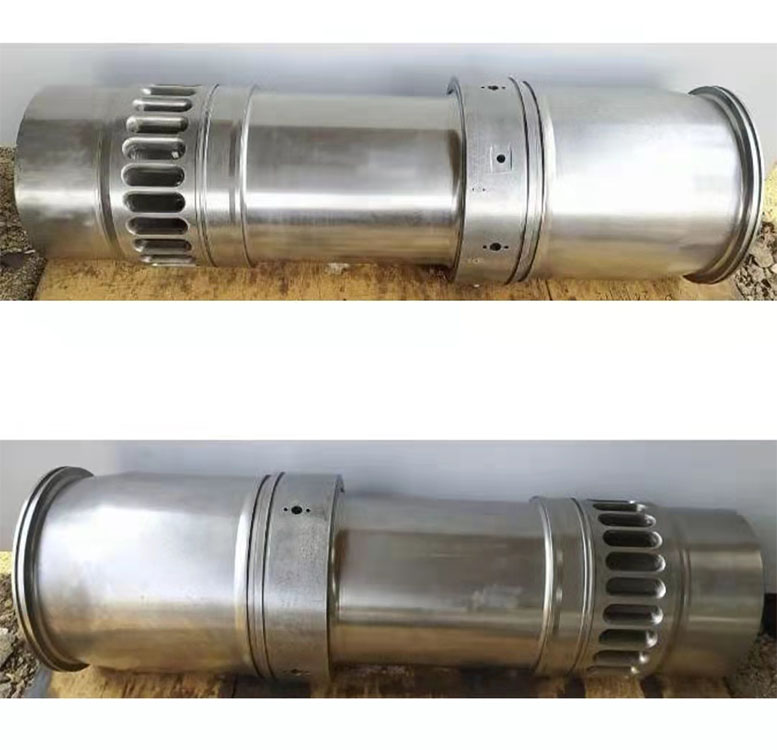
Low Compression
Low compression is another symptom of cylinder liner problems. The cylinder liner should provide a tight seal between the piston and the cylinder wall, allowing for efficient combustion. If there is a gap between the two, compression will be reduced, resulting in poor engine performance.
Engine Overheating
If the cylinder liner has been damaged, it can lead to engine overheating. This is because the liner is responsible for dissipating heat away from the combustion chamber. If it is not working correctly, heat will build up and cause damage to other engine components.
Fixing Cylinder Liner Problems
Cylinder Liner Replacement
If the cylinder liner is severely worn or damaged, it will need to be replaced. This is a complex job that should only be carried out by a qualified mechanic. The engine will need to be stripped down to access the cylinder liner, which will then be removed and replaced with a new one.
Cylinder Liner Honing
If the cylinder liner is only slightly worn, it may be possible to hone the surface to restore its smoothness. Honing involves using a honing tool to remove a small amount of material from the cylinder wall, creating a cross-hatch pattern that helps the piston rings to seal correctly.
Cylinder Liner Sleeving
If the cylinder liner is too damaged to be honed, it may be possible to sleeve it. This involves fitting a new liner inside the damaged one, restoring the seal between the piston and the cylinder wall.
Preventing Cylinder Liner Problems
Prevention is always better than cure when it comes to engine problems. Here are some tips to help prevent cylinder liner problems:
- Regular oil changes: Regular oil changes will help to keep the cylinder liner lubricated and prevent excessive wear.
- Using high-quality oil: Using high-quality oil will also help to protect the cylinder liner from wear and tear.
- Regular engine maintenance: Regular engine maintenance will help to identify and fix any problems before they become severe.
In conclusion, identifying and fixing cylinder liner problems is essential for maintaining engine performance. If you notice any of the symptoms we have discussed, it is essential to take action before the problem gets worse. Always seek the advice of a qualified mechanic if you are unsure how to proceed.
